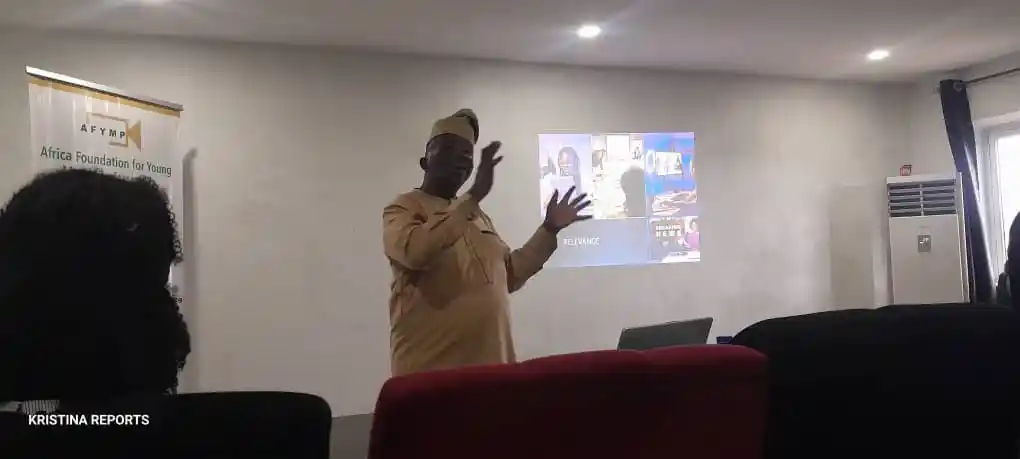The Centre for Disability and Inclusion Africa (CDIA) has launched a researched report titled “Artificial Intelligence and Inclusive Education for Learners with Disabilities in Nigeria: Opportunities and Challenges,” spotlighting how AI can revolutionise learning access and inclusion for persons with disabilities.
Executive Director, CDIA, Mr. Yinka Olaito, said the study explores the potential of Artificial Intelligence (AI) to close learning gaps and create equitable opportunities for all learners. “Inclusive education ensures that every student-regardless of ability, disability, or background-has the chance to learn and thrive in mainstream classrooms”.
Olaito explained that the report aligns with the National Policy on Inclusive Education (revised in 2023), which emphasises universal access, safe learning environments, teacher training, and stakeholder collaboration. “AI can enhance accessibility through personalised learning, assistive technology, behavioural and career guidance, and improved classroom management,” he added.
CDIA Programme Lead, Busola Oladotun stressed the importance of embracing technology. “AI is already part of us and no one can overlook its impact. Aligning its value will make life easier in every area of development.”
The report, which surveyed a broad range of stakeholders, revealed that 68 percent of respondents were persons or learners with disabilities, 16 percent were special educators, and 12 percent were parents and caregivers, while only two percent were policymakers or AI engineers – a gap Olaito described as “a major weakness in driving inclusive innovation.”
Chairman of the Joint National Association of Persons with Disabilities (JONAPWD), Lagos State Chapter, Salami Abolarinwa, commended the initiative, saying the report has the potential to advance inclusive education for learners with disabilities in Nigeria. “I have worked with the Centre before and admire their doggedness and passion for real change.”
In her goodwill message, CEO of Speaking Fingers Network, Treasures Uchegbu, said: “Technology should be an enabler, not a divider. This report proves that when innovation meets empathy, education becomes truly inclusive.”
Senior Special Assistant to the President on Special Needs and Equal Opportunities, Mohammed Abba Isa, pledged federal support for the implementation of the report’s recommendations. While Senior Special Assistant to the Bayelsa State Governor on Special Duties and Chairman of JONAPWD, Bayelsa State, Mayor Ekpomomukor, hailed the report as “a bold, forward-thinking step that shows how technology can empower people with disabilities and open new doors to learning.”
Similarly, Special Assistant on Disability Matters to the Osun State Governor, Olanrewaju Oladosu, lauded CDIA’s effort: “The findings are timely and practical. They give policymakers and educators clear direction on integrating AI tools into Nigeria’s inclusive education strategy.”



